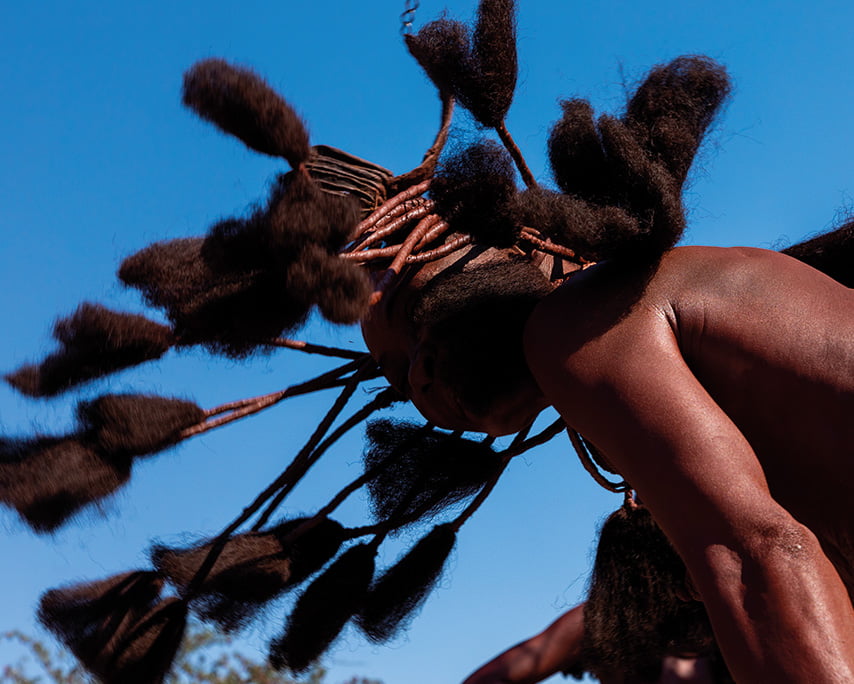Zero Discrimination Day
Zero Discrimination Day, observed on March 1st every year, is a poignant reminder of the ongoing battle against discrimination in all its forms. This day was first introduced by the United Nations (UN) in 2014 to promote equality and inclusivity and celebrate diversity globally. The concept emerged as a response to the pressing need to address the widespread discrimination prevalent in societies worldwide.
The historical context of Zero Discrimination Day can be traced back to the 20th-century UNAIDS campaign to combat discrimination against people living with HIV/AIDS. Discrimination against individuals based on their health status was rampant, fueled by fear and ignorance surrounding the disease. The campaign aimed to raise awareness and promote understanding, emphasising the importance of compassion and empathy in dealing with those affected.
Over the years, Zero Discrimination Day has evolved to encompass a broader spectrum of discrimination, including but not limited to race, gender, disability and socio-economic status. It has become a platform to advocate for the rights of marginalised communities and challenge discriminatory practices that hinder social progress.
Of note today is the prevalence of cultural ignorance despite increased global connectivity. Cultural ignorance perpetuates discrimination, acting as a breeding ground for stereotypes and misconceptions rooted in cultural differences. These preconceived notions often give rise to prejudice and bias, erecting formidable barriers to inclusion and equality within societies.
This ignorance stems from various factors, including ethnocentrism, lack of education and limited exposure to diverse cultures. Addressing cultural ignorance requires education, empathy and openness to learning about and appreciating different cultural perspectives. Embracing diversity can lead to a more inclusive and understanding world.
Nowhere is the issue of cultural ignorance and discrimination more prevalent than in misrepresentation of information or of the nuances of the communities we serve. The impact of culturally sensitive imagery in report writing cannot be overstated. Thoughtfully chosen photos have the power to reshape perceptions and dismantle stereotypes by offering a nuanced portrayal of diverse cultures. By showcasing the beauty and richness of different cultural traditions, these images can help bridge the gap of misunderstanding and promote empathy and respect. Moreover, they serve as a visual testament to the universal values of dignity and equality, transcending cultural boundaries and inspiring a sense of shared humanity.
In the context of report writing, where visuals are pivotal in conveying messages, the choice of photos can either reinforce these stereotypes or illuminate the intrinsic dignity of the communities we serve. Therefore, it is imperative to carefully select images that not only celebrate diversity but also promote a narrative of inclusivity, challenging existing biases and fostering a more tolerant and understanding society.
It is our collective responsibility to promote equality and respect for all at all times. Therefore, this day is a call to action to challenge discrimination in all its forms and strive towards a more inclusive and equitable society. It is a day for organisations in the social impact space to reaffirm our commitment to zero tolerance for discrimination and work towards a world where everyone is treated with dignity and respect.



